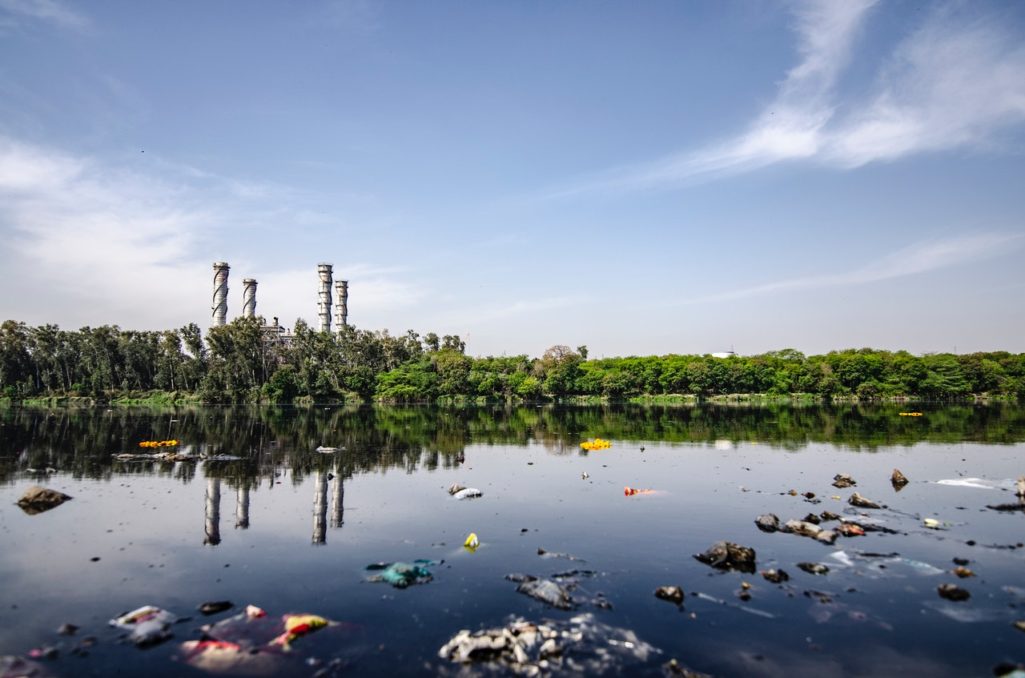Debris found in the ocean off the coast of China has hit the highest level in a decade according to Independent. More than 200 million cubic metres of waste was found floating in the seas last year, with plastic accounting for the vast majority of the rubbish. There was an average of 24kg of floating waste per 1,000 square metres of surface seawater.
This was after the Chinese government implemented efforts to clean the country’s freshwater sources from pollution by moving polluting industries like steel away from cities and closer to the coast.
‘At the moment, there are some clear problems with the work on the marine ecological environment, with some regions not showing a lot of awareness or paying sufficient attention, and lacking strong initiative and dedication,’ said Huo Chuanlin, deputy director of the Department of Marine Environment of China’s Ministry of Ecology and Environment.

Earlier this year, Beijing published an action plan designed to clean up Bohai Bay, one of the country’s busiest and most polluted waterways, in northeast China.
The government has earmarked 7 billion yuan (over R14 billion) for the clean-up this year alone, but Chuanlin said the country is still expected to struggle to meet a key target aimed at making at least 73% of Bohai’s waters fit for human contact by next year.
Despite being one of the world’s biggest producers of plastic, the manufacturing giant is not the only culprit responsible for pollution. South Africa is facing a waste crisis too.
In the meantime, China is working on innovative ways to counter the problem. A plastic that dissolves into non-toxic components in seawater within as little as 10 days, was invented in 2018 by the Chinese Academy of Sciences.
While many forms of degradable plastic contain compounds that can be broken down by microorganisms that are able to metabolise them, the seawaters themselves help this form of plastic to degrade, according to Wang Gexia, a chemistry engineer at the Academy.
Humans currently dump around 10 million tonnes of plastic waste into the sea every year, according to scientists at the University of Georgia in the US. We would all do well to look at alternatives rather sooner than later.
Image: Pexels
You may also like
Related Posts
China’s National Health Commission has published a list of controversial coronavirus treatments that have animal...
read more
Warmer sea temperatures in the summer months, especially in February, were recorded and are believed...
read more
The latest report indexing the world's happiest countries has highlighted the important role of...
read more